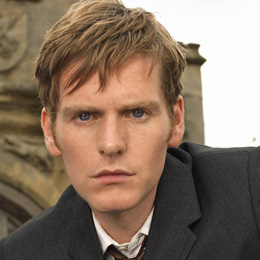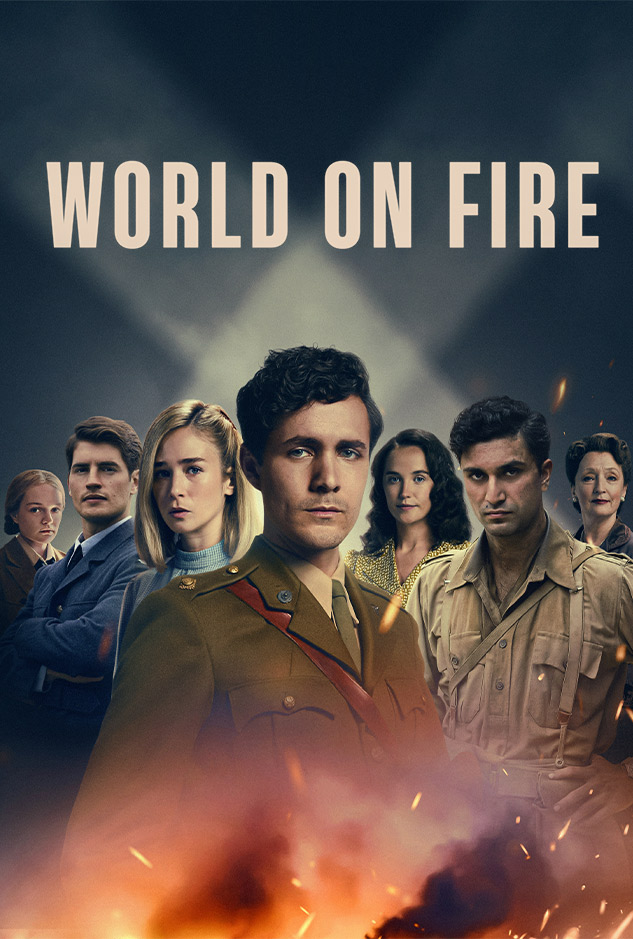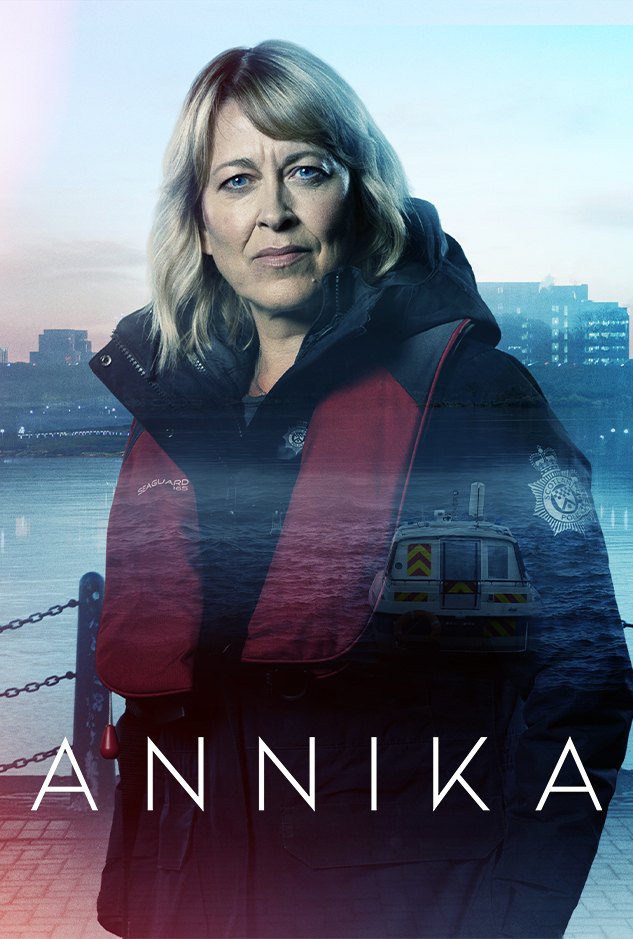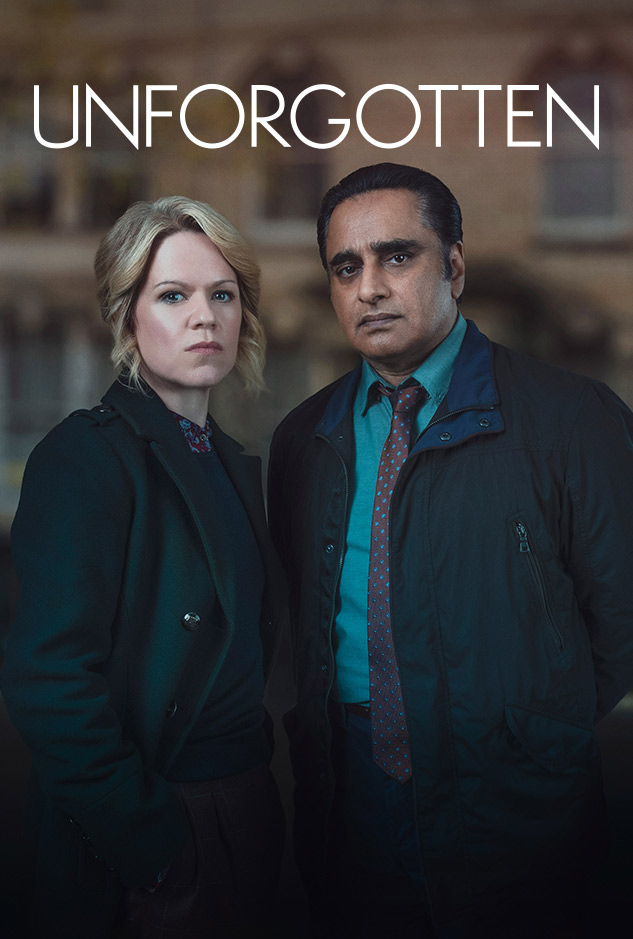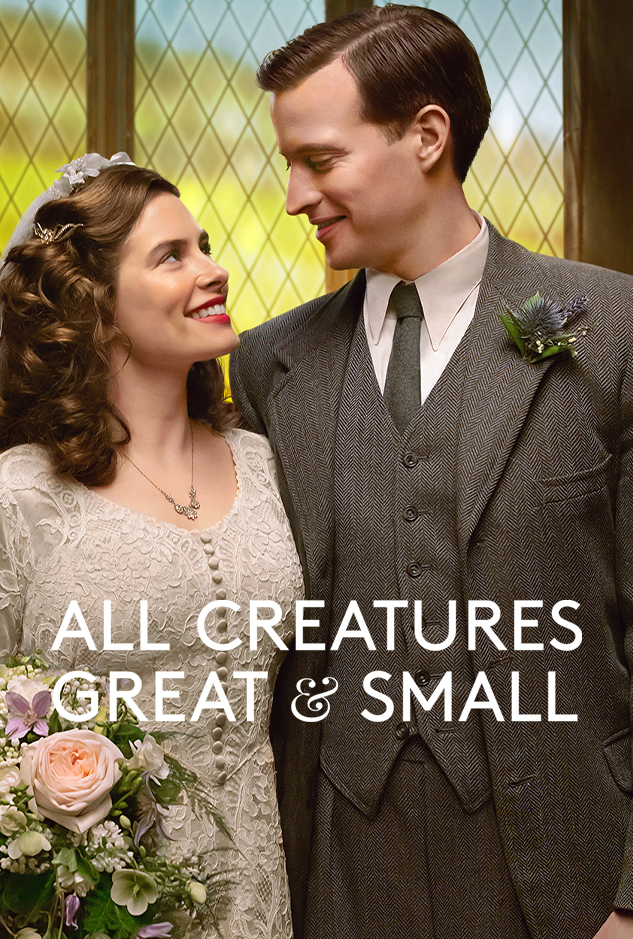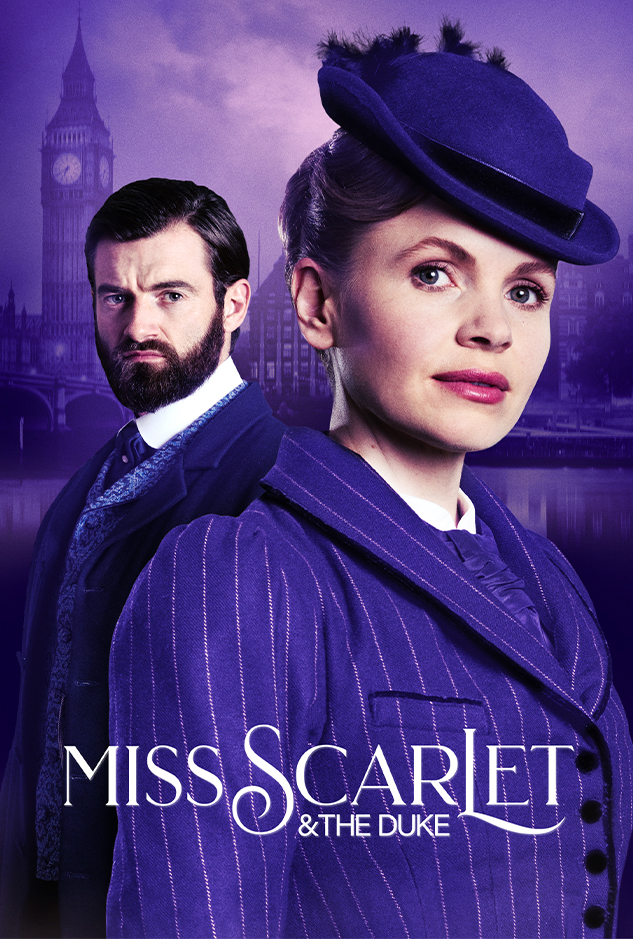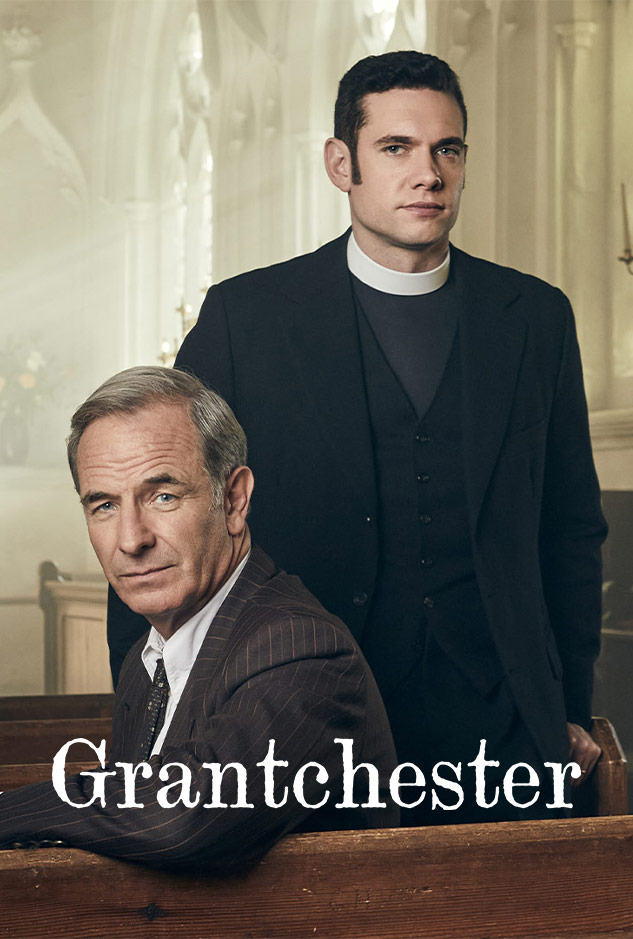Endeavour & Beyond: UK Police Ranks, Explained
If you’ve ever watched a MASTERPIECE mystery and found yourself mystified by the ranks in the British police force, wondering how a DS or DC translates in the USA, you’re not alone, and we’ve got you covered. We asked Russell Lewis, who wrote every one of the 36 Endeavour episodes, to explain the official UK police ranks in the time of Endeavour. Read on for his explanation of the hierarchy and the climb up the career ladder—enlightening context for not just for fans of Endeavour, but for viewers of Inspector Morse and Inspector Lewis as well!
- 1.
Ranks Misconceptions: Detectives & Uniform

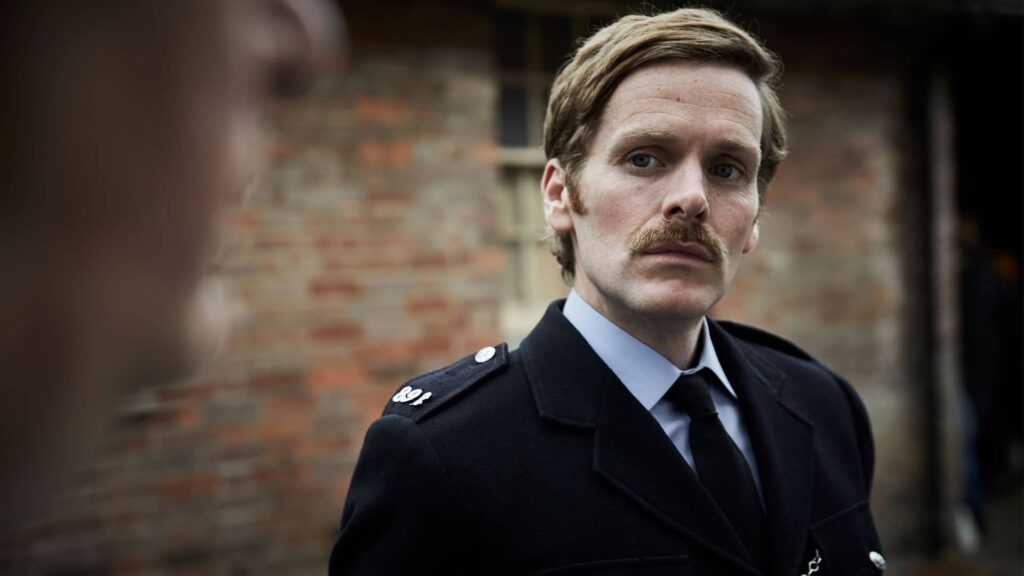
The first thing that Lewis wanted to make clear is that the title of “detective” acts almost like a prefix and does not outrank uniform. So when DC (Detective Constable) Morse has been sent to Woodstock as a uniformed constable at the start of Season 6, while it removed him from his desired specialized career path, it was not a rank demotion. Lewis explained, “The interesting thing—and it’s a mistake made so often—is to assume that plain clothes, the detectives, if you will, are automatically senior to uniform. Detectives essentially are just a specialist division, so if you are a constable, you can be a uniform constable or a detective constable. People often start out in uniform and then will specialize. It’s a bit like doctors—they may specialize, they may stay in uniform for their whole careers, but if they do specialize and go off and become a detective, say, a detective constable is not a senior rank to a uniform constable.”
- 2.
Police Hierarchy: Moving Up the Career Ladder

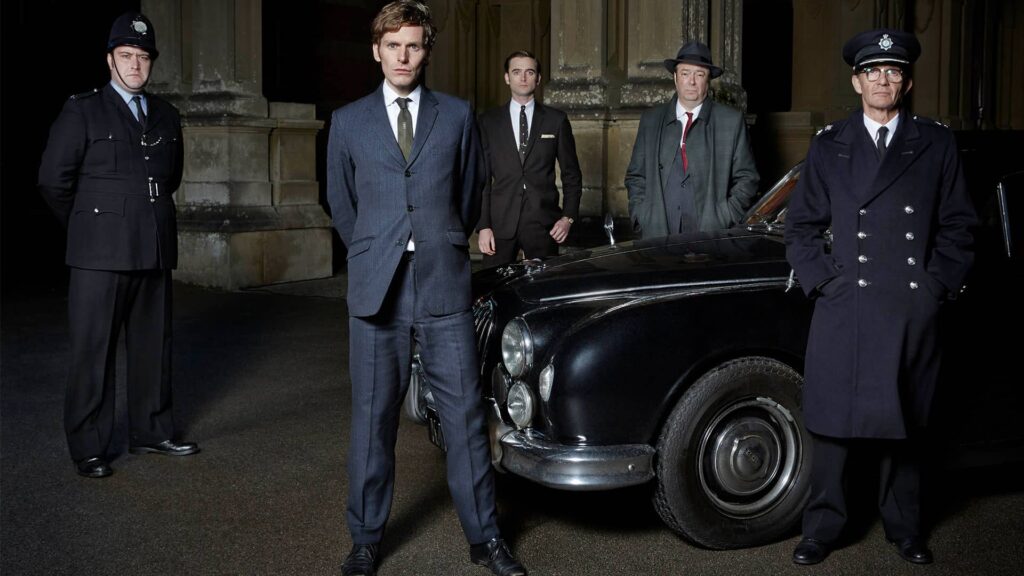
An easy way to understand the climb up the ranks (which for so long proved elusive to Morse) is, Lewis said, “to take away the prefix of ‘detective.’ So you start off as a constable—and some of these ranks have now been phased out—but in those days, you’d have constable, then you’d have a sergeant, and above the sergeant would be an inspector, above the inspector would be a chief inspector, and above the chief inspector would be a superintendent, and above him or her, a chief superintendent.” When Morse finally passed his sergeant exam in Season 4, he was promoted from detective constable (DC) to detective sergeant (DS), which made him the same rank as DS Jim Strange. Fred Thursday ranked above them (apart from a brief demotion in Season 6) as detective chief inspector (DCI), and above them all was Chief Superintendent Reginald Bright.
Lewis explained, “Beyond that, you’ve got commander, but then you have chief constables, assistant chief constables, and they’re almost sort of staff positions.” These are the men of “Division” with whom Bright is always running interference on the behalf of his team, men who are powerful and political and even, on occasion, part of a conspiracy.
- 3.
Oxford City Police: Change & Merger

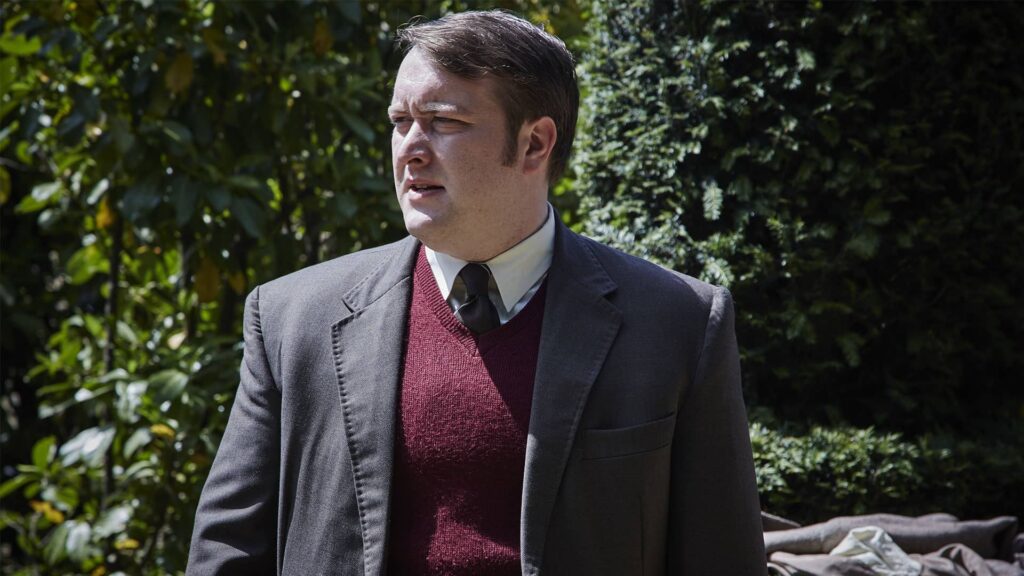
Drawing from a long out of print book on the Oxford City Police, Lewis found inspiration. “From that, we were able to carve out thinks like [in Season 2, Episode 3: Sway] Strange going out in “Mufti”—in civilian clothes—on November the fifth, our fireworks night, when we celebrate Guy Fawkes, who tried to blow up Parliament and King James back in the day. That was a night of mayhem in Oxford, apparently, so the city police would send out their coppers dressed up like students—not as agile provocateurs, but so they could stop any trouble before it started.”
Much has changed from the time of that book. Lewis explained, “Our country was broken down by county for the most part—I suppose the equation would be with sort of between state and federal—and when we begin, Oxford City Police, the actual town itself, had its own independent police force, which was like a city state, if you like. That was an island surrounded by the county, Oxford County. And in 1968, various Constabularies, Oxford included, they’re all merged into one, which becomes Thames Valley.” This made for great drama, the team had been broken up and scattered upon the merging of City and County and the creation of Thames Valley Police at the start of Season 6. “That,” Lewis stated, “helped us hugely.”








